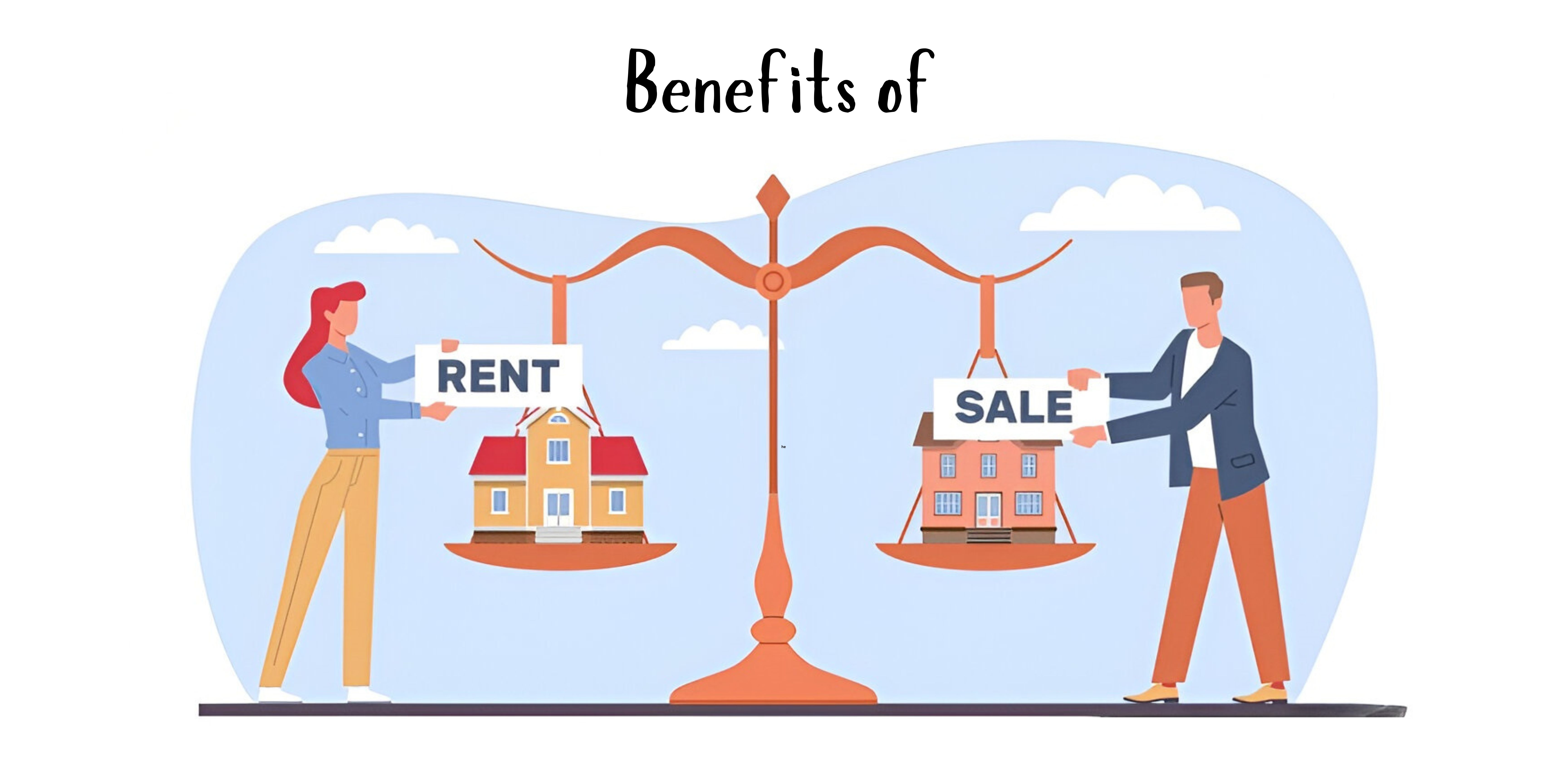
How to legally verify a property's documents?
Here we are going to discuss about the some most important property documents to check before buying a land or house. Through this article, everyone can understand what to look for in buyer document verification.
First, when making a decision to buy a property of your choice, pay only a small amount as a token advance, and be careful not to pay a huge amount before the document verification procedure.
Property Deed (Aadharam)
When we buy our own vehicle, do we verify its RCbook ? How important is it? Yes, in the same way the property deed is important when buying a property. From that, you can understand the details about the property, such as owner name and address, document number, block number, survey number, etc.
Now, what is the prior title deed (Munnadharam or Adiyadaram )? If we buy a property, when it is registered in our name, a new deed is ready by entering our details in our name. Then the documents in the name of the person from whom we bought it become the prior title deed.
Therefore, the documents of owners who have bought that particular property before will become the prior title deeds of your property document.
It is essential that you go through the documents carefully to determine whether any errors or corrections have been made in the documents listed and the entire history of mortgages with any banks or other financial institutions.
The below listed are the supporting documents of the Property deed for further process.
Land Tax/House Tax and ROR (Record of Rights)
What we have to look at is whether this deed has been recognized as the property of the seller. The important documents for that are the land tax receipt or house tax receipt and the ROR. The person can get this only if it is verified at the village offices under the revenue department. So always ask for the latest receipt of these two documents when verifying them, and make sure that they have been accepted in the village office till date. Therefore, it can be clear that there is no objection from the government to that property.
Encumberance Certificate
An encumberance certificate is also called a liability certificate. In this document, we need to see if there are any financial liabilities on this property, i.e., taking a loan or any other financial transaction from anywhere where this property is shown. An "encumberance" certificate is the document to check if there is any kind of encumbrance on the property. Make sure that it is a certificate of at least 30
Possession Certificate
A possession certificate is used to know in whose name the property is owned. A possession certificate is valid for 6 months, so make sure you receive the latest certificate and check it.
Revenue record of Property (Thandaper Certificate)
When taking a loan from a nationalized bank, its details are not included in the encumbrance certificate, but those details are mentioned in the remarks of the revenue record of property or thandaper certificate obtained from a village office. However, not all banks send such information to the village office in all cases. That is why it is said that before registering a property or paying an advance, you should try to verify the original documents of property deed, encumberance certificate, and non-attachment certificate in person. Make sure to complete 80 to 90% document verification before signing the agreement. A legal verification will help to ensure that the property has no legal issues.
Although document verification like this can be done by an experienced document writer or a legal advisor, the support of a real estate agency is unavoidable as your right hand to verify the said documents from start to finish and to get the necessary documents ready.








